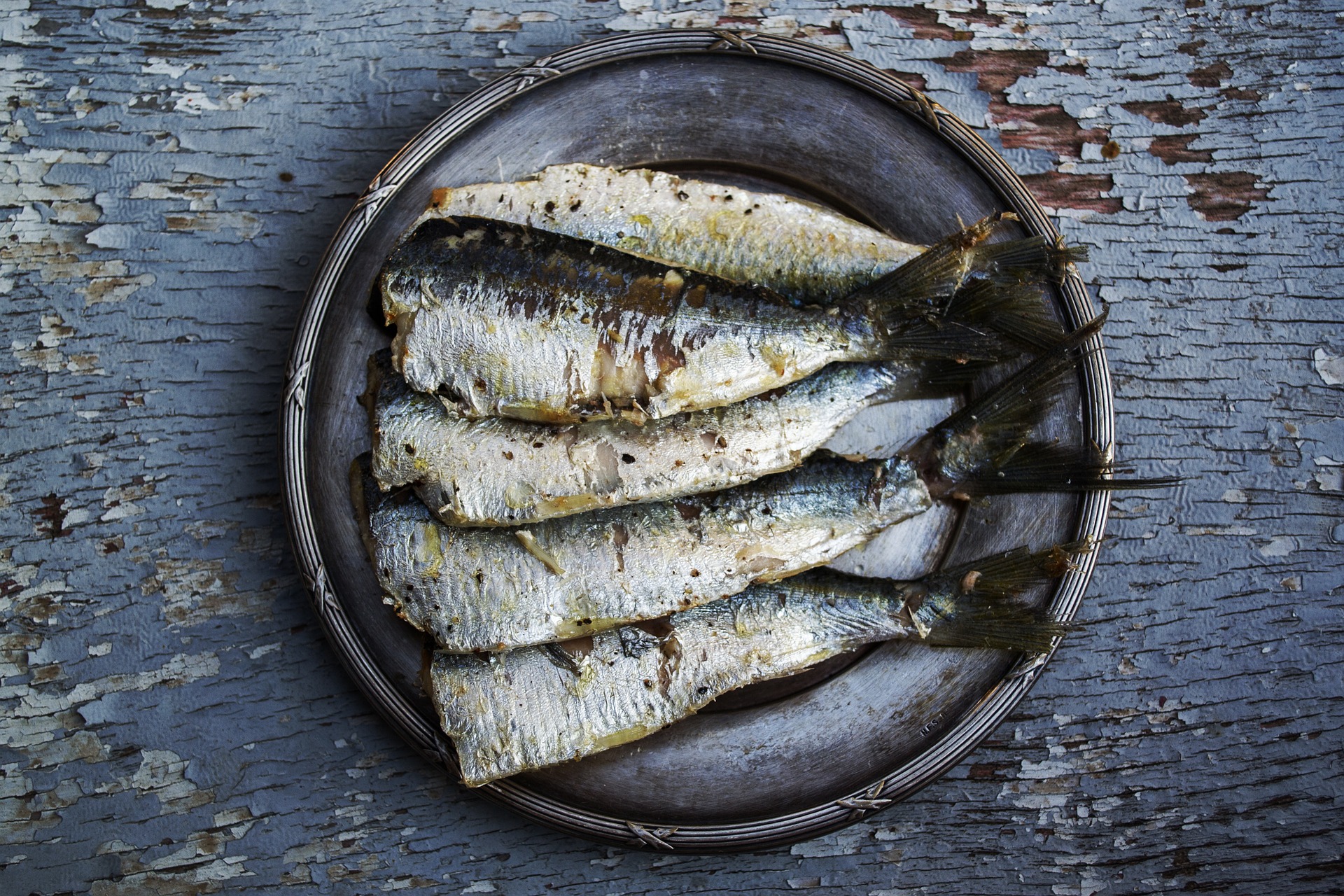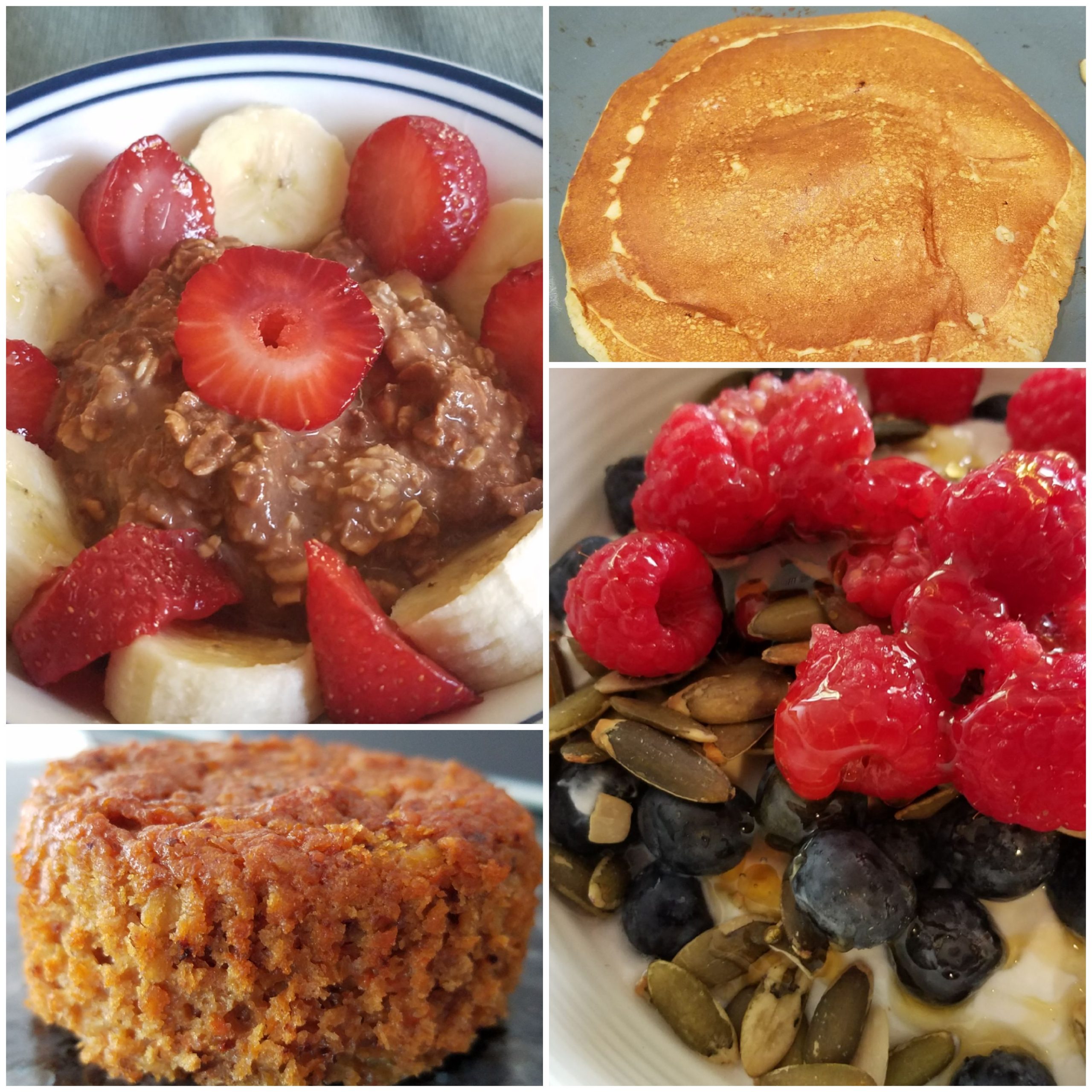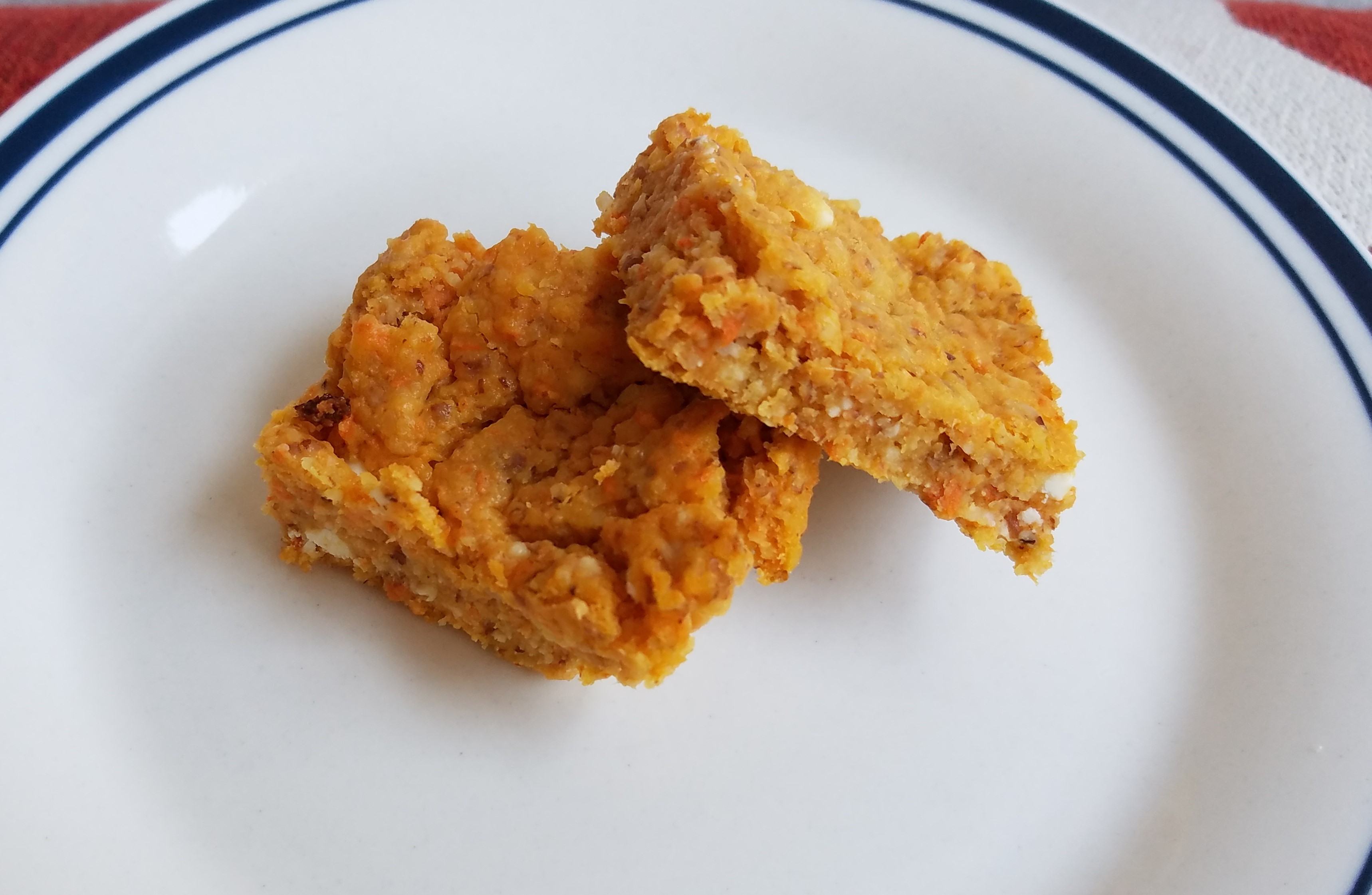You have probably been reading about the different types of diets and the field can be confusing, there are a lot out there! The ketogenic diet, the low fat diet, the low carb diets and lately intermittent fasting. So which one is the best to follow to achieve a desirable body composition?
The International society of sports nutrition has written two extensive reviews (2017, 2018) after critically evaluating evidence…one of the reviews has over 700 references! They conclude that it depends on you want to achieve and which diet you can keep long-term. They can all work equally well in reducing body fat, as long as adequate protein is provided. Regarding improving your performance, the lower carb diets and ketogenic diets as well as the intermittent fasting ones are questionable…
It is emphasized that if we want to achieve fat loss along with weight loss, the most important factor is not the type of diet but which one can easily produce for you a sustained energy deficit, while providing enough protein to preserve muscle mass. For those that have a lot of extra weight, a higher energy deficit is needed. For some with only a few pounds to lose…patience is suggested as the slower the weight loss the more fat and less lean muscle you will lose. For athletes looking to increase your muscle mass a sustained calorie surplus is suggested to facilitate anabolic processes and support training. Someone on hypocaloric diets can increase muscle mass but it is not as easy.
I am exercising 3-4 times a week for about an hour, do I need protein supplements to improve my body composition?
Protein is essential for building muscle and the needs of athletes are higher than someone who does no exercise. The latest recommendation suggests an intake of 1.2 to 2 gr protein per kg per day, instead of 0.8 to 1 which was the previous recommendation. For someone exercising 3-4 times a week for about an hour, extra protein from supplement is not necessary. It is best to meet the requirements from high quality protein from foods like lean chicken, egg whites, fish, nonfat milk and extra lean red meat. For athletes into intense high resistance training with great requirements food is the first source and if that can’t cover all the needs due to practical reasons, eg feeling full, time constraints, then protein powders are suggested to be used with guidance of a specialist.
What about a low-fat diet in order to lose fat?
It makes sense as fat is the most energy dense nutrient and research up to now has showed the efficacy of low-fat diets in reducing body fat. It depends though on how much fat is allowed.Two most well know studies in the field, the A TO Z Weight Loss Study and the POUNDS LOST have shown that very low fat diets providing only 10-20% of energy from fat are impossible to follow for long term. In both studies the participants started well but after some months, their fat intake increased to about 28%. Thus, a low fat diet can work, along with adequate protein intake in reducing body fat but not a very restrictive version. Also it allows for more carbs, best for endurance athletes. If you are exercising to maintain your achieved body composition then a diet including 30-50% fat is safe and recommended, as it provides adequate energy and essential fatty acids. Just focus on choosing healthy fats from vegetable oils such as olive oil, canola oil, sunflower oil, nuts, avocado and seeds.
Should I try a ketogenic diet or else a very low carb diet? T
hese types of diets are the exact opposite of the previous one as they are very high in fat, providing 60-80% of energy from fat with only 10% from carbohydrate (50gr per day). It works by producing and using ketones as an energy source and decreasing the production of insulin. They have been successful in producing body fat loss but the effect is mainly due to their increased protein content and its satiating effect. So think about whether you could sustain such a low carb intake for long (eg 2 salads a day plus 1 fruit or 1 cup of milk). Keep in mind that there is still not enough evidence on how they work long term and on how such a low carb intake affects your performance.
So maybe intermittent fasting will do the trick?
Intermittent fasting has many types, it could be all day fasting followed by non-fasting days or long hours of fasting followed by limited hours of eating. Studies are very limited on how it can work along with resistance exercise in improving body composition. Seimon and his team reviewed 40 studies and concluded that this type of dieting has no benefit over simple caloric restriction in decreasing body fat and increasing muscle mass. If you want to risk it and try it, keep in mind that adequate protein and resistance training will be needed in order to protect your muscle mass since on days of fasting, muscle is affected.
All the above said, we can choose a type of diet, it could be a low fat or a high fat, a low carb or a high carb and combine it to your exercise routine to improve your body composition and reach your goal.
Useful nutrition and exercise tips –
- Divide your protein intake into meals and snacks and eat every 3 to 4 hours
- Choose high quality protein from foods such as lean meat, chicken without the skin, egg whites, nonfat or low fat milk or cheese
- Eating protein just before you start exercising or within 2 hours but not more after you finish will enhance even more your muscle repair and synthesis
- If you are planning to do intense exercise or a long practice of more than 1 hour, eat a good balanced meal 4 hours before and a high carb snack with lean protein 30min- 1 hour before eg fruit and low fat cheese, or a smoothie with low fat milk or whole grain crackers and turkey
- Stay well hydrated throughout the day and during exercise. If your practice will last more than 1 and a half hour then you may benefit from drinking an isotonic drink.
References
- Kerksick C, Wolborn C, Roberts M, Smith-Ryan A et al. ISSN exercise & sports nutrition review update: research & recommendations. J Int Soc Sport Nutr 2018; 15: 38.
- Aragon AA, Schoenfeld BJ, Wildman R, Kleiner S, VanDusseldorp T, Taylor L, et al. J International society of sports nutrition position stand: diets and body composition. J Int Soc Sport Nutr 2017;14:e16.
- de Souza R, Bray G, Carey V, Hall K, LeBoff M, Loria C, et al. Effects of 4 weight-loss diets differing in fat, protein, and carbohydrate on fat mass, lean mass, visceral adipose tissue, and hepatic fat: results from the POUNDS LOST trial. Am J Clin Nutr. 2012;95(3):614–25
- Gardner C, Kiazand A, Alhassan S, Kim S, Stafford R, Balise R, et al. Comparison of the Atkins, Zone, Ornish, and LEARN diets for change in weight and related risk factors among overweight premenopausal women: the A TO Z Weight Loss Study: a randomized trial. JAMA. 2007;297(9):969 –77.
- Seimon R, Roekenes J, Zibellini J, Zhu B, Gibson A, Hills A, et al. Do intermittent diets provide physiological benefits over continuous diets for weight loss? A systematic review of clinical trials. Mol Cell Endocrinol. 2015;418(Pt 2):153–72.





